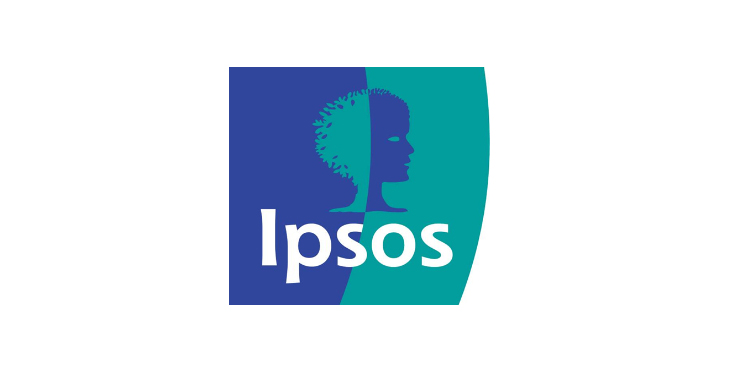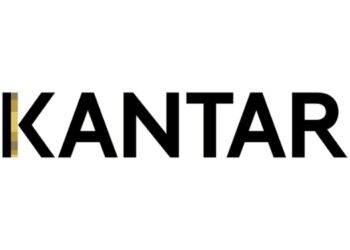New Delhi: COVID 19 has displaced Unemployment from the top spot, to emerge the biggest worry of urban Indians in April 2021. Interestingly, both the worries are neck-to-neck, separated by a point.

“COVID19 directly impacts livelihood, as prolonged lockdowns and shutdowns have shown in the first wave of COVID19 when millions of people lost their jobs due to cost-cutting and trimming of the workforce by establishments to offset the negative impact of the pandemic. India had reined in the virus to a large extent and in January 2021, we saw optimism and jobs/ employment making a comeback, with the vaccination starting. But now with the second wave hitting India and being more infectious (the strain constantly mutating), worry (and fear) around the coronavirus is for real and dominating minds of urban Indians. Unemployment too is close on the heels as a big worry, considering people were still recovering from the 1st wave and now they have more to worry about. Financial/ political corruption remains a relatively salient issue in India, possibly driven by alleged trafficking of/ profiteering from essential Covid supplies such as Remdesivir, oxygen, ambulances,” says Amit Adarkar, CEO, Ipsos India.
Top local & global worries
Urban Indians were most worried about COVID 19 (45%), unemployment (44%), financial and political corruption (35%), crime and violence (25%), and poverty and social inequality (21%).
Global worries were the same, though in a different pecking order. The top worries of global citizens were, COVID 19 (45%), unemployment (35%), poverty and social inequality (31%), financial and political corruption (30%), and crime and violence (25%).
India remains the 2nd most optimistic market across the 28 markets polled
Worries notwithstanding, India was placed 2nd in the pecking order in optimism (Saudi Arabia was placed 1st with 90% of their citizens believing their country is on the right track), with 63% urban Indians believing the country is moving in the right direction. Most global citizens, 2/3rds (65%) were concerned their country was on the wrong track. The markets most pessimistic were, Peru (89%), Colombia (84%), and Chile (82%).
Technical Note
This 28-country Global Advisor survey was conducted between March 26th and April 9th 2021 via the Ipsos Online Panel system among 20,524 adults aged 18-74 in Canada, Israel, Malaysia, South Africa, Turkey and the United States, and 16-74 in all 21 other countries. Colombia has been added to the list of countries surveyed for the April 2021 release.
The “Global Country Average” reflects the average result for all the countries where the survey was conducted. It has not been adjusted to the population size of each country and is not intended to suggest a total result.
The samples in Brazil, Chile, Colombia, India, Malaysia, Mexico, Peru, Russia, Saudi Arabia, South Africa, and Turkey are more urban, more educated, and/or more affluent than the general population. The survey results for these markets should be viewed as reflecting the views of the more “connected” segment of these populations.
Weighting has been employed to balance demographics and ensure that the sample’s composition reflects that of the adult population according to the most recent census data.
The sample consists of approximately 1000+ individuals in each of Australia, Belgium, Brazil, Canada, France, Germany, Great Britain, Italy, Israel, Japan, Mexico, Spain, Sweden, and the US, and approximately 500+ individuals in each of Argentina, Chile, Colombia, Hungary, India, Malaysia, the Netherlands, Peru, Poland, Russia, Saudi Arabia, South Africa, South Korea, and Turkey.
The precision of Ipsos online polls is calculated using a credibility interval with a poll of 1,000 accurate to +/- 3.5 percentage points and of 500 accurate to +/- 5.0 percentage points. For more information on the Ipsos use of credibility intervals, please visit the Ipsos website.
The samples in Argentina, Australia, Belgium, Canada, France, Germany, Great Britain, Hungary, Italy, Japan, the Netherlands, Poland, South Korea, Spain, Sweden, and the US can be taken as representative of these countries’ general adult population under the age of 75.
The samples in Brazil, Chile, Colombia, India, Malaysia, Mexico, Peru, Russia, Saudi Arabia, South Africa, and Turkey are more urban, more educated, and/or more affluent than the general population. The survey results for these markets should be viewed as reflecting the views of the more “connected” segment of these populations.
Weighting has been employed to balance demographics and ensure that the sample’s composition reflects that of the adult population according to the most recent census data.
The precision of Ipsos online polls is calculated using a credibility interval with a poll of 1,000 accurate to +/- 3.5 percentage points and of 500 accurate to +/- 5.0 percentage points. For more information on the Ipsos use of credibility intervals, please visit the Ipsos website.
Where results do not sum to 100 or the ‘difference’ appears to be +/-1 more/less than the actual, this may be due to rounding, multiple responses, or the exclusion of don’t knows or not stated responses The publication of these findings abides by local rules and regulations.

















